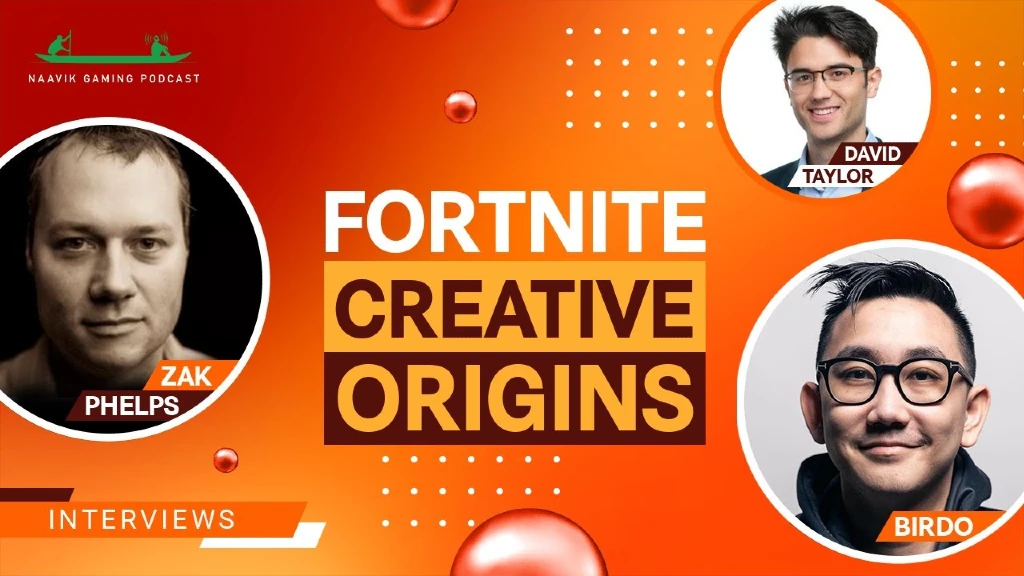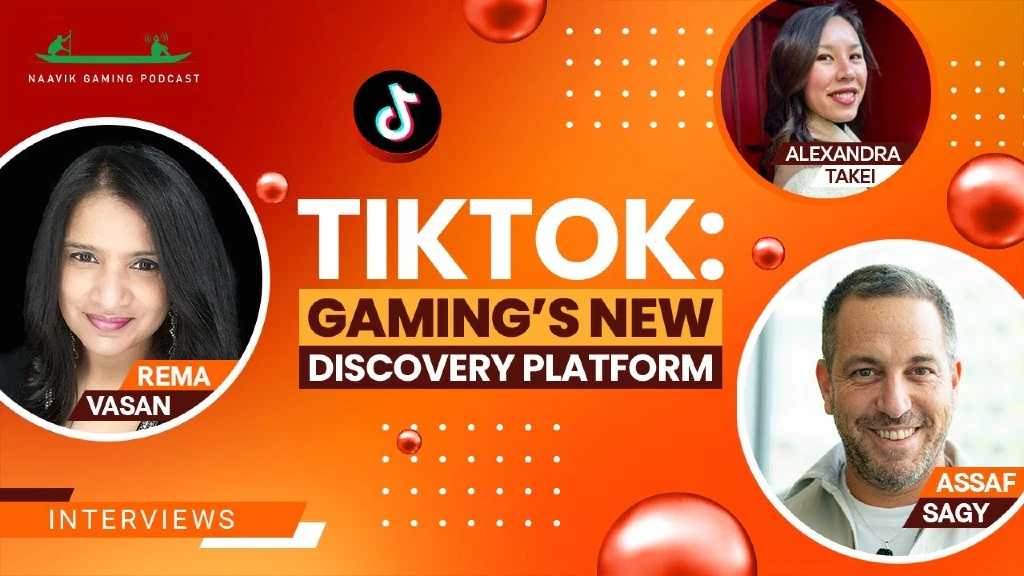In this week’s Crypto Corner episode, Will Brooke, Gaming Lead at OpenSea, and Seb Park, Co-Founder at Infinite Canvas, join your host Nico Vereecke to discuss the future of Gaming NFTs. The group covers OpenSea’s approach to gaming, the future of web3 monetization, and the role of Blockchain Gaming at GDC.
Will’s Background
- Long-time gamer - “feel like I’ve played and loved every major game in the last 20 years”
- Started out as consultant at McKinsey, got excited about the scale of business that gaming was - ideas, teams, strategy, etc.
- Began doing private consulting for Fortune 500’s like Coca-Cola & DICK’S Sporting Goods
- Jumped fully into gaming by joining EA for a couple of years
- Joined OpenSea after learning about NFT’s in the concept of gaming - met many builders creating real ownership and utility within digital experiences
Outlook on Gaming from OpenSea + Will
- OpenSea works with every game that runs on their supported chains - Ethereum, Polygon, Klatyn
- For games with on-chain assets, the marketplace becomes very important for visibility
- Founding team believed that gaming would be the “historic moment” for NFT’s beyond art + pfp’s
- For gamers, there are many analogs for NFT’s from previous game experiences around scarce virtual assets that just make innate sense
- New narrative evolving beyond art + pfp’s around “what is the access that my NFT gets me...can I use it in a virtual space or world ?”
- Last year, the percent of all NFT volume in gaming assets was around 30-40% 🤯
- Lots of volume most likely around speculation and not clear utility, but a much larger statistic than many would guess regardless
Pattern of New Mints
- For game projects with strong team + vision, lots of excitement around the mint moment
- Directly after, people who couldn’t participate in sale buy in on secondaries for exposure
- People with more financial incentives cycle out to those more interested in long-term gameplay
- Usually, excitement in the marketplace dies down after 2-3 weeks
Future of Web3 Gaming Monetization
- Crypto games traditionally focus on building game experiences that revolve around tradability of in-game assets, since their monetization comes from larger volume occuring on their platform (ex: Axie Infinity takes 4.25% of all Axie volume)
- Even though low take-rate is financially beneficial for both developer and consumer, this financialization mechanic will probably compliment traditional monetization strategies
- Ex: Games will probably still have a need to create new content in order to keep users engaged, but will also monetize off of secondary marketplace transactions
- When opening up economy around games with very complex mechanics, you have to be very sensitive around the design of with tokens + p2p trading
Takeaways from GDC
- On Twitter, “normie gamers” have overwhelmingly distrusted crypto as a technology ➡️ at GDC there has been a geniune amount of curiosity in education + involvement
- Similar energy compared to the adoption of the (now-dominant) F2P model
- Difficult to obtain mass adoption of crypto-technology within games without prioritizing gameplay over money
- Huge wave of opportunistic games that have been entering because they see the sheer amount of capital entering the space
Will’s Excitement on Blockchain in Gaming
- The amount of time sunk into gaming experiences globally is immense, and apart from some social connections, there’s very little that players have been able to carry on with
- “You can enjoy those same kinds of amazing experiences where you have an opportunity to channel that time into earning, into collecting, or leveling up your items, and you’re able to do something more with that that investment that you put in “ - Will
Web2.5 vs. Web 3.0 Games
- True Web3.0 ethos is a mindset shift in how to build game products and companies - more than just turning cosmetic skins into NFT’s
- See many games in a “Web2.5 mindset”, where they are set up as a Web2 company, but add NFT’s on the side
- Big difference from the “Web3.0 mindset” where they understand that projects are community-driven, players want to have a voice, we let them participate in the economy
- On average, a game company is 45% owned by the team, and 55% owned by investors
- A typical blockchain game is 15% owned by team, 15% owned by investors, and then tokens set aside for liquidity, for rewards for staking, for contributors, for community members
- Ethos shifts towards taking a smaller piece of the pie, but building a larger + more inclusive pie








